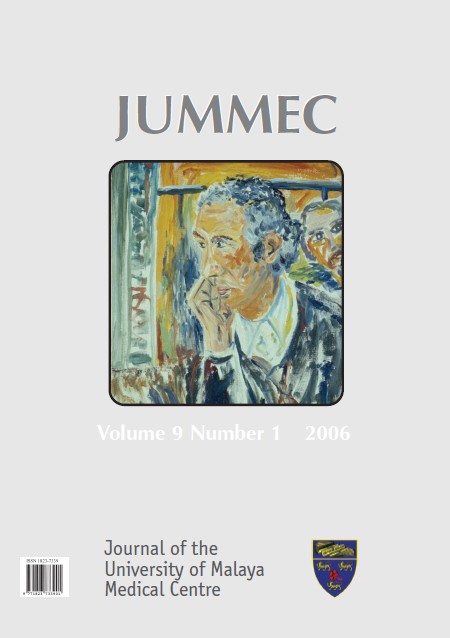STEROID WITHDRAWAL OR AVOIDANCE IN RENAL TRANSPLANT RECIPIENTS
Abstract
Steroids remain an important component of maintenance immunosuppression after renal transplantation. Their anti-inflammatory action is partly due to the sequestration of CD4+ lymphocytes in the reticuloendothelial system. Steroids bind to intracellular receptors and the resulting steroid-receptor complex alters the transcription of cytokines by binding to glucocorticoid response elements on DNA.
Transcription factors whose actions are altered by glucocorticoids include activating protein-1 (AP-1) and nuclear factor-B (NF-B). The main cytokines whose production by antigen-presenting cells is inhibited by steroids are interleukin-1 (IL-1), required for helper T-cell activation, and IL-6, required for B-cell activation. Other pro-inflammatory
cytokines such as interferon gamma and tumour necrosis factor are also inhibited. This multiplicity of immunosuppressive actions is not fully replicated by other immunosuppressants. However, there are concerns about the long-term side effects of steroids. This review will examine the attempts at steroid withdrawal or steroid avoidance in renal transplant patients.
Downloads
Downloads
Published
Issue
Section
License
All authors agree that the article, if editorially accepted for publication, shall be licensed under the Creative Commons Attribution License 4.0 to allow others to freely access, copy and use research provided the author is correctly attributed, unless otherwise stated. All articles are available online without charge or other barriers to access. However, anyone wishing to reproduce large quantities of an article (250+) should inform the publisher. Any opinion expressed in the articles are those of the authors and do not reflect that of the University of Malaya, 50603 Kuala Lumpur, Malaysia.


